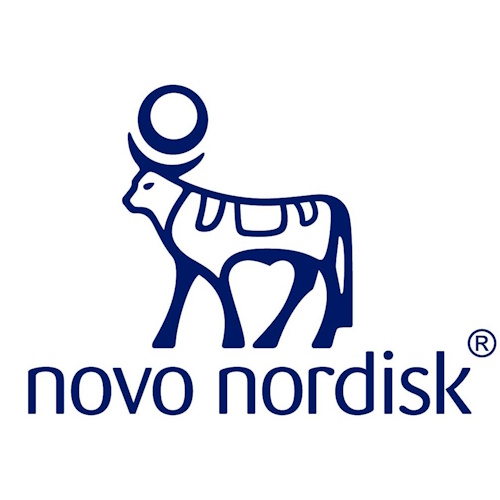Key points from article :
Biotech startup General Control is introducing a new approach to longevity science, led by 26-year-old founder Lada Nuzhna, a Thiel Fellow and co-founder of Impetus Grants who has already become a notable figure in ageing research. While much of the field focuses on biological clocks and partial cellular reprogramming using Yamanaka factors, General Control is taking a different path: targeted epigenetic editing rather than large-scale resets of the epigenome.
Partial reprogramming relies on globally shifting gene expression toward a younger state, but the process can be unpredictable. General Control instead uses “synthetic transcription factors,” tools similar to CRISPR but without cutting DNA, to bind to specific genomic sites and adjust individual genes up or down. By combining several of these editors, the company aims to fine-tune metabolic and stress-response pathways with high precision. Its early pipeline includes programs for obesity, liver fibrosis, and age-related muscle decline, blending gene silencing and activation strategies.
A significant vote of confidence comes from Novo Nordisk, which has partnered with General Control as it looks for next-generation metabolic therapies beyond GLP-1 drugs. The promise is durability: unlike RNAi or antisense oligonucleotides that require lifelong dosing, chromatin-level editing could enable long-lasting or even one-time interventions, especially valuable for older patients managing multiple health conditions.
This approach is now possible thanks to advances in compact gene editors, detailed single-cell maps of ageing tissues, and regulatory groundwork laid by companies testing similar technologies in humans. Rather than replacing partial reprogramming, General Control frames its technology as the precise fine-tuning layer that can lock in desirable cellular states and correct specific disease networks—potentially redefining how ageing itself is engineered.








